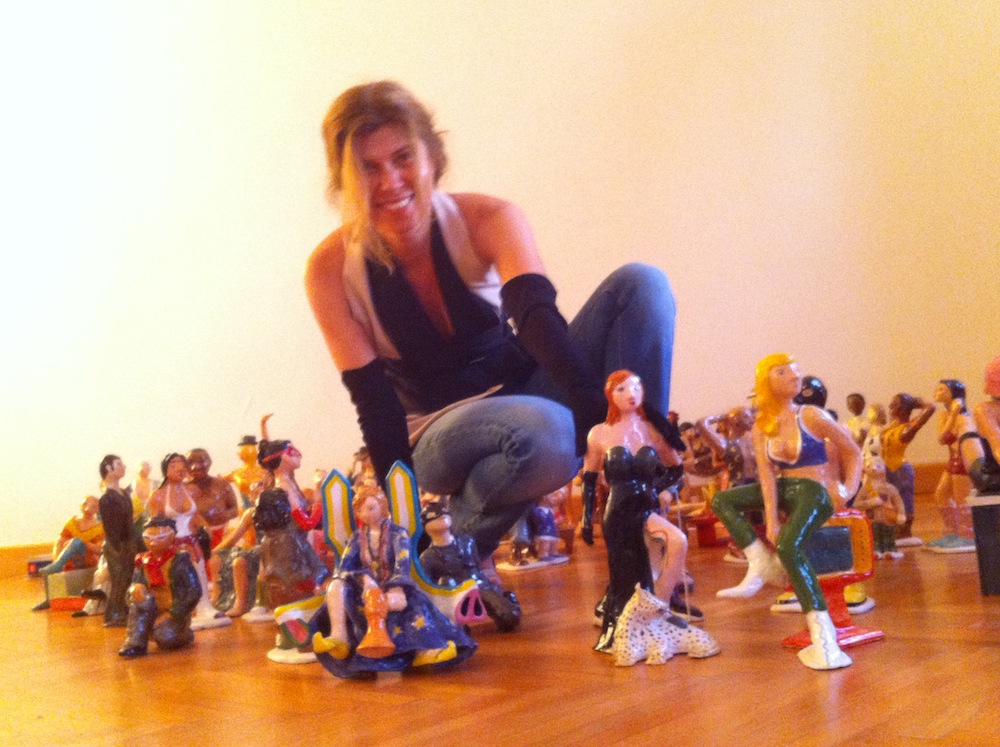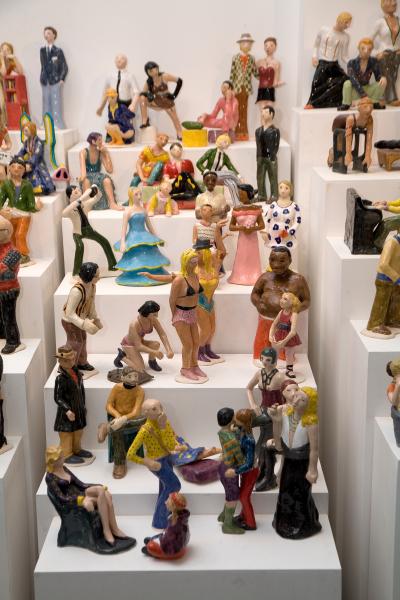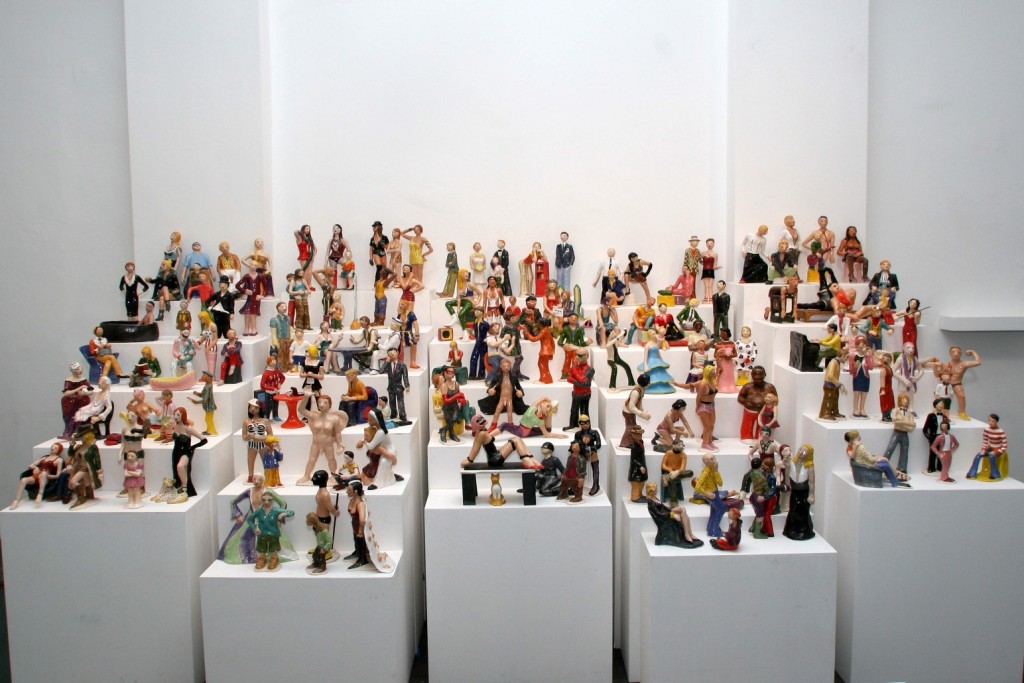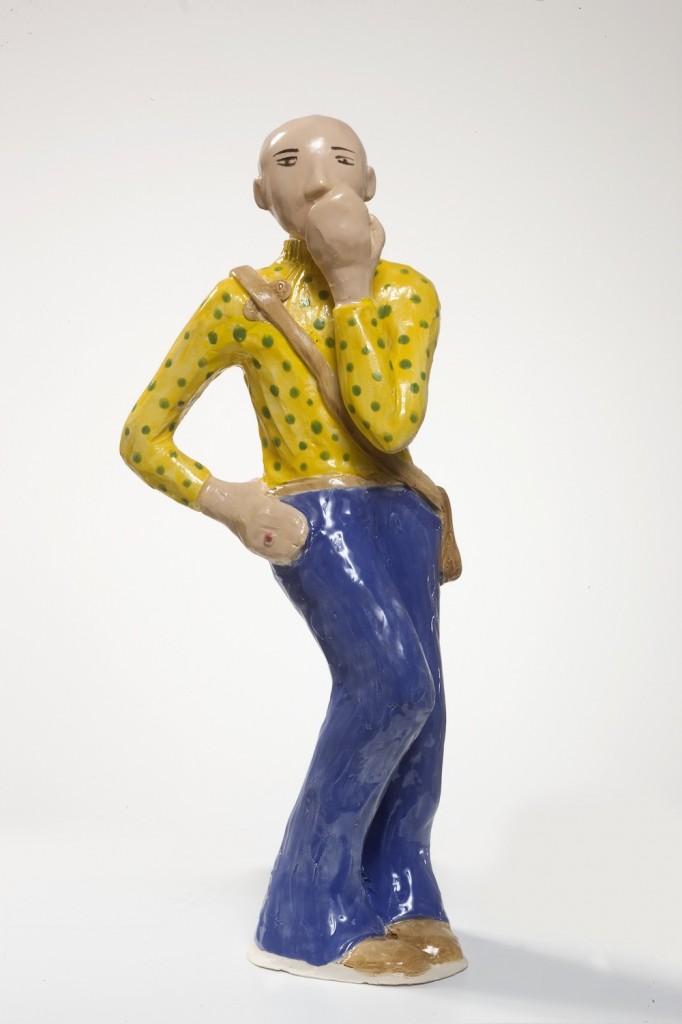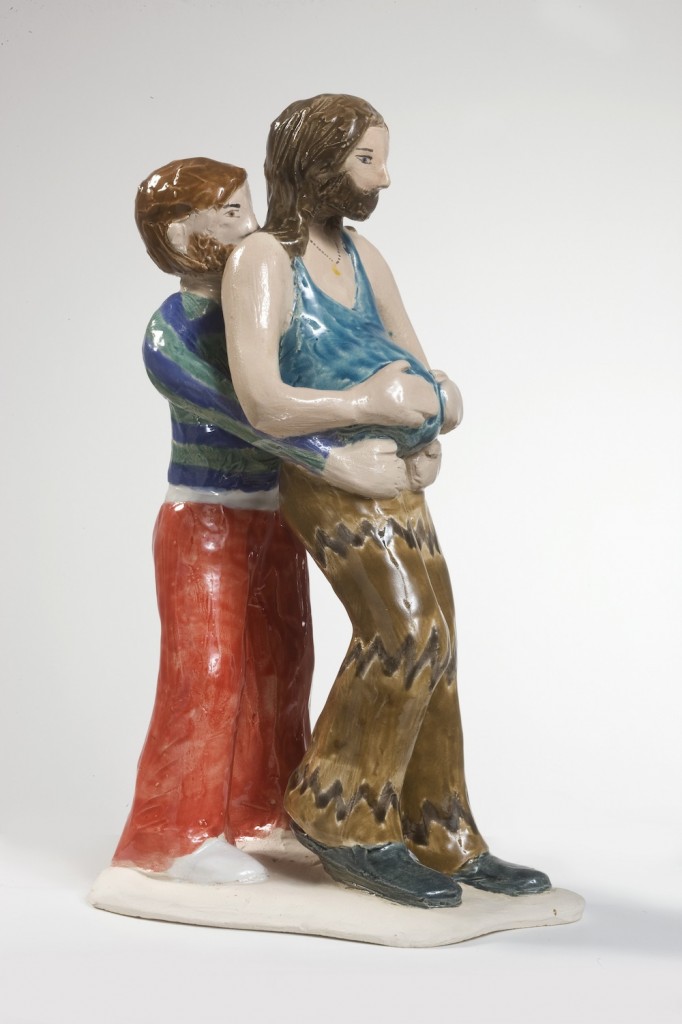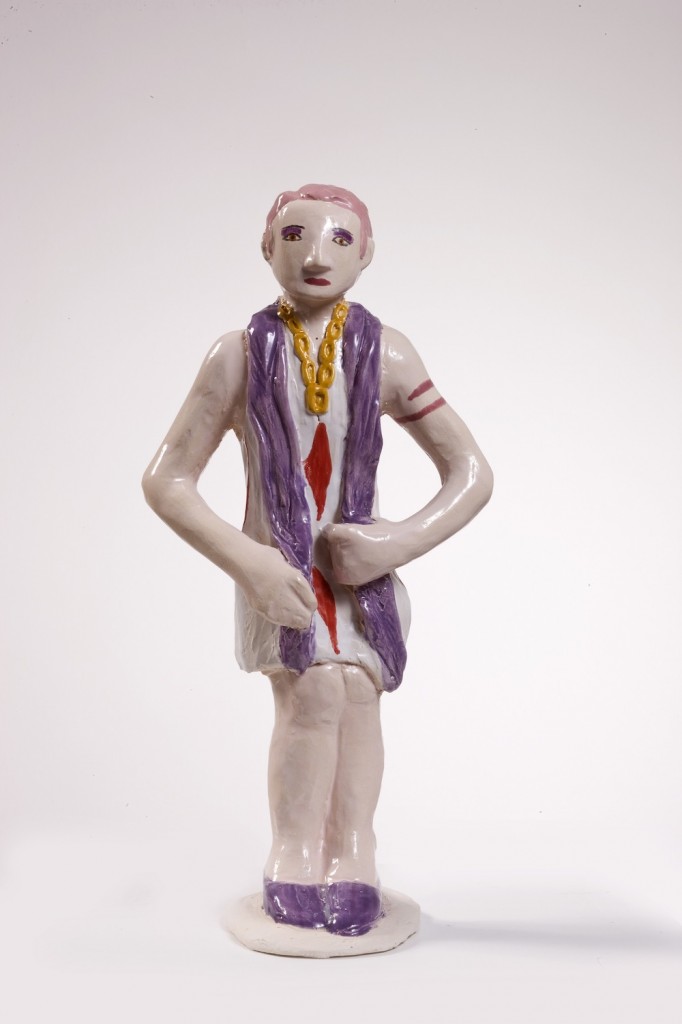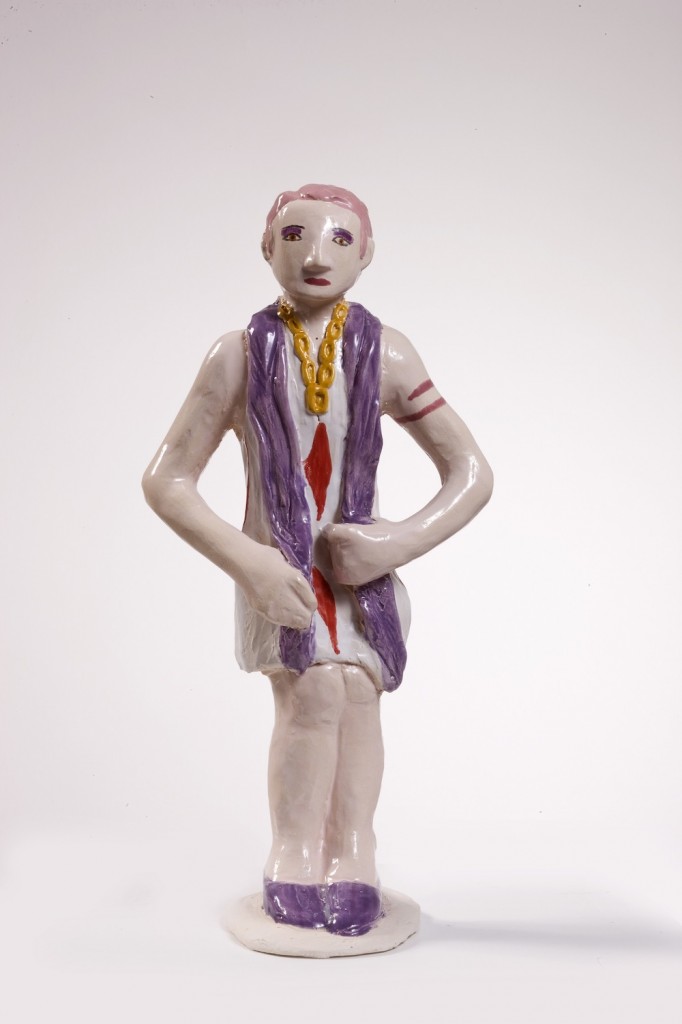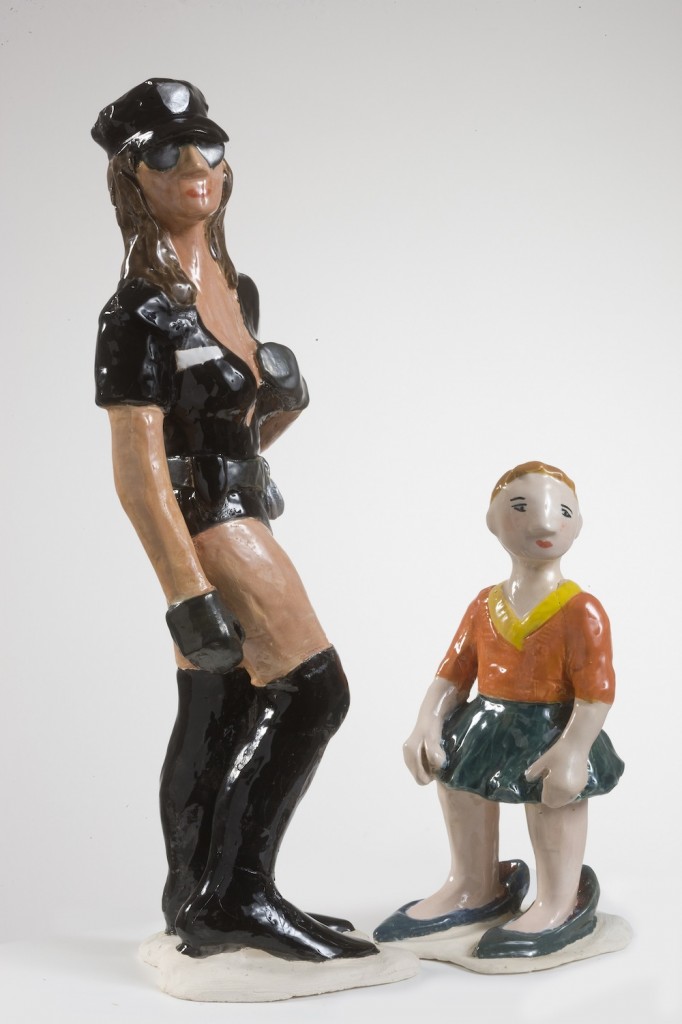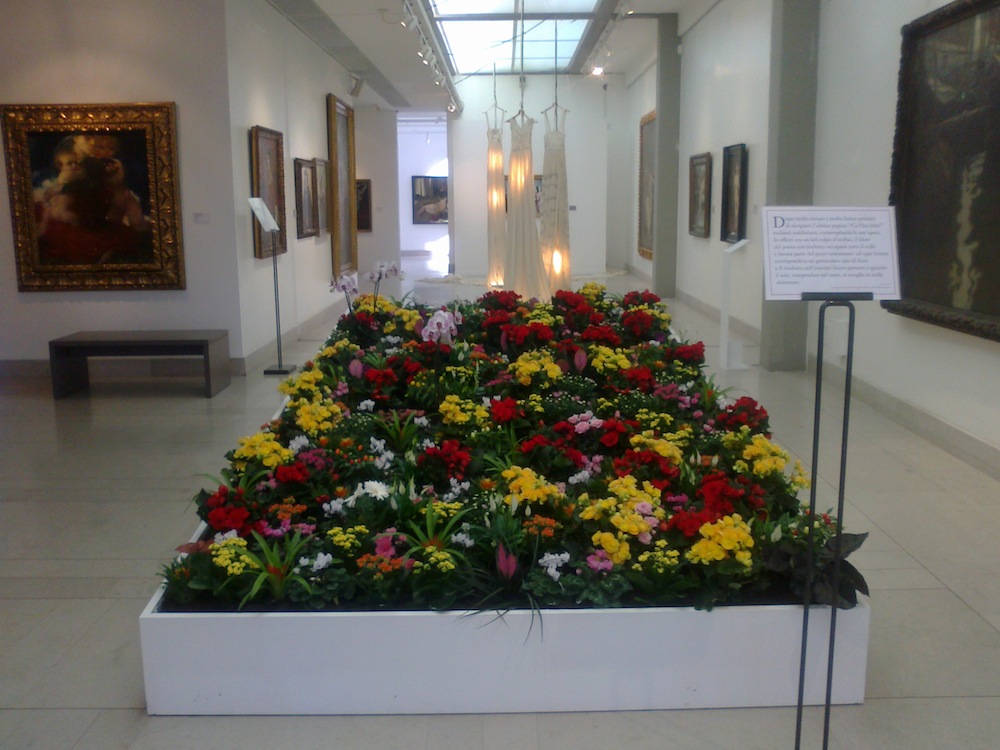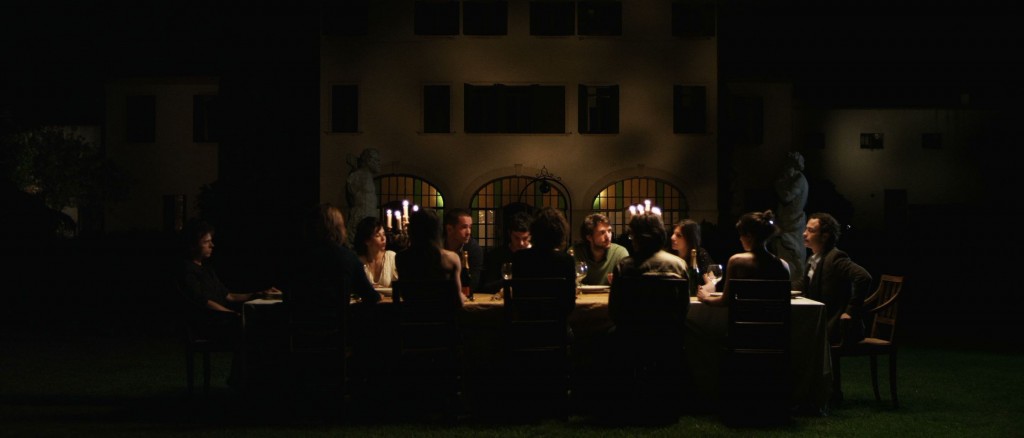Your story in ten lines
Perhaps this is the most complicated question…
I was born in Geneva, but I was only born there. I live in Padua. I majored in Literature at the University of Padua, where I graduated writing a specific dissertation regarding the use of music in Death in Venice, the film by Luchino Visconti. Let’s just say that at the time I was writing viscontian essays. I also had a column for the cultural section in Il Mattino di Padova (now I no longer collaborate with them).
Surely I started by writing (short stories), I have a great passion for writing and for a certain type of approach to life, I would say like something out of a novel.
From there I started working in cinema. The first film I directed was very difficult one, almost a nightmare: a historical short film, shot on film, with 100 extras, 26 scenes in costume, set in 1848.
I’m not really figurative, but I always draw firsthand my storyboards – with dry and somewhat primitive elements. It is more than symbolic representations, rather made of characters’ traits instead of scenes. In fact, I had major problems on set. I remember that I would arrive with gigantic billboards and everybody who approached would study these figures trying figure out what to do on stage!
I kept writing, publishing stories on Frigidaire and I really enjoyed that experience. I then went back to cinema again and I begun work on The Broken Circle, a film based on a short story of mine by the same name and which is now in post-production (set in Veneto and produced by international partners, it is a psychological thriller that tells the story of a group of twentysomethings in a frenzy between buzz and cannibalism – we have published an extract in Italian of this short story in our correspondent section). A real childbirth, long and complex: it is not finished yet, we still have a week of shooting left that I hope will happen soon…
Meanwhile I started doing art installations as well, the first concerned to writing and the concept of posters. Then I switched to ceramics and I produced 150 statuettes, which it was first shown during the Venice Biennale and then toured to Faenza (it was exhibited again in the foyer of the Masini Theatre last September), as well as Turin, during The Others fair, in conjunction with Artissima (Starting with the classical tale of Oedipus, Polarization reflects on issues of gender, sex and sexuality, and it’s a large fresco of contemporary society and its new types of family: it is composed of 156 polychrome statues, according to an algebraic progression, depicting 27 possible combinations obtained by the variables + / male and – / female).
I made an installation of flowers, which I exhibited the first time at the Revoltella Museum in Trieste (a large tank/garden translating a fairy tale via the language of flowers. The Princess who did not want to read, and the poet, ZeL editions, 2010).
Last year, I wrote and directed the play The Cage, which is about addiction. It was a very interesting piece, halfway between installation art and theater, even the type of acting that I asked the actress to perform was indeed very cinematic and almost impersonal.
I started writing my novel, to which I devoted myself with some perplexity over ten years. It’s history of its own kind. The working title is Antimony and it’s made of future projections and future events about 20 or 30 years ahead. Frequently, things that I used to talk about in the past have actually really occurred to me and so I was forced to change it over time. I take it and leave it with certain laziness.
Writing inhabits your life in a way, which is both pervasive and absolute. It looks like the main plot of a giant warp holding together sculpture, theater, performance and cinema: not only a complete artist but a creator giving life to a life lived entirely in terms of writing. Your melee with the text reminds me of the life and art of Marguerite Duras: any thoughts on that?
This question captures a crucial point: to think that I changed some things in my life just so that they could fit better to the novel I was writing! Usually one writes a novel about his/her own life, I preferred to change my life instead because it was not working when compared to what I was writing.
Anyway you’re right. The beginning of an idea is always at the core of writing, when it begins to take shape. The more complicated it becomes, the more articulate it gets, the more the story takes shape and becomes suitable for different media as well.
I believe there is always a very strong literary and narrative dimension during the creative process. I’m not a very descriptive writer strictly speaking; I like Proust, naturally: he definitely knows how to go describing a bell for three hours and it works!
However, I must tell you about a series of events that are all interrelated rather than one thing. I’m more fascinated by the architecture of the story and the interaction of its parts rather than focusing on a purely descriptive dimension.
Working in such diverse contexts as I do – writing, film, theater and art – I struggle to find the right producers, due both to language constraints as well as the chosen subject matters, which are often different. Mainly though, it is because I go against the current market that often demands a serial nature from a work and a recognizability from an artist. With the public I found instead some hostility with The Broken Circle. I remember when I first presented the story of The Broken Circle with Sabino Acquaviva, in 2000; we were in Padua, at Pedrocchi Café. There were people in turmoil because in the book I allowed myself to tell a story that spoke ill of the local youngsters. If I think of what happened next, the news coverage almost surpassed me… This movie is certainly not a horror film, but it is also not a thriller, I think of it is somewhat more surreal… not surprisingly I decided to end it with a tribute to Luis Buñuel. Probably, I’m a bit hard to fit into a genre, as we are used to today. Going from a delicate fairy tale like the one in the Princess and the Poet, a story of the crudest brutality as it is narrated in this film. I am still the same person, but I understand that sometimes people can find it hard to recognize me. I remember in the beginning when I would meet producers for The Broken Circle, they always thought, after reading the script, that they would have to deal with someone full of piercings and tattoos!
Let’s just say that I’m a militant in breaking clichés. I hate being pigeonholed. I don’t like the habit of reading by genre, and as a matter of fact I commented on this, when ironically combining the different types of family figurines for my installation… Mozart was brilliant for me because when you expected of him a cadence in F minor, he would go for a C major instead. He loved to break expectations, he was never predictable.
Is it important for the spectators to be aware of your other creative axes, when confronting themselves with a piece of yours in the context of an exhibition or during a performance in a theatre, or is it, according to you, that all your work is free to live independently from the “matrix” of the narrative from which it arose?
I believe that the works are to be read alone. Surely, if you know more about the author, you can appreciate the mixture even more.
You then let us assume everything else about you…
I hope that the imagination of certain conceptual works, made of strict logical structures, may reveal the seriousness of the work. When you stand in front of the statues or the cage, for example, the glance has to work right away, beyond the cultural discourses and how they each relate to one another. In any case, I hope that my works will be able to survive through a force of their own.
What kind of people do you meet when working for a museum or when directing a film?
I always end up meeting very different people, even in my friendships are indeed very mixed. I’m curious, anybody can stimulate me. I’m not particularly interested with one type of person, I believe it is much more creative to vary. When you make a movie you mostly work with the actors and the crew and they are all very focused and you have to maximize your time and money (which is always not much!), so you have a limited space of interaction. Friendship of course may exist, but you inevitably grow them outside the set. While I was in Faenza for the installation, I was very interested in the relationship with the people passing by. For example, the opinion of the museum guards or the visitors who were not aware of my presence and would comment freely. It is always helpful to spy a bit in these situations, I like a behind the scenes effect. As an artist, once I finish a work, I try to disappear. I’m happy to be around it, but I like to conceal between people and I avoid attending.
What is society doing for you?
It gives me stimuli, some inputs on how to try changing it.
What do you do for society and for the city you live in?
When I manage to work with institutions, my perception of the territory takes on a great importance in my work – that is if I’m allowed to. There is always, in each of us, a responsibility at stake when inhabiting a place. We should all strive. Aside from the socially engaged projects, I always feel, as a person, on a constant quest. I can be troublesome, provocative, and critical; but I don’t think I do it gratuitously; I always try to act in order to stimulate and contribute – at least in terms of thought – in regards to what happens around me. It’s very important to witness how you and the interaction with the people you meet.
Something nice that happened to you recently?
Surely having been officially invited to show an installation/performance about war in a public space.
A culinary passion?
I eat so much, like a wolf and gladly. I love the crepes.
What kind of wine or drink do you prefer and why?
Wine, preferably red.
The music or a book that accompanies you now, apart from yours?
I’ve started again and I have slowly been carrying it for the past two years, along with other books, In Search of Lost Time (À la recherche du temps perdu) by Marcel Proust. I love classical music, chamber but not the opera, composers such as Stravinsky or Mahler, always at the border with more contemporary authors who in turn are found at points of transition periods (even in literature: I love the 800s, also a border area). As far as rock goes, I’d say Led Zeppelin. As a young girl, among the poets, I was a fan of Rimbaud and Baudelaire, which still remain among my favorites.
A talent that you have and one that’s missing?
The tendency to see the transformational aspects of reality, in short, what we can improve. It is also a flaw somehow, if you think about it, as in the end you cannot see reality for what it really is. A talent I really do not possess is probably patience. Sometimes, yes, I have no patience.
How do you manage to live slowly?
I am a cat, I can sit still for hours staring at the ceiling and then suddenly snap.
What have you learned from life so far?
Everyone is responsible for what he/she does.
Translation by Michelangelo Miccolis
